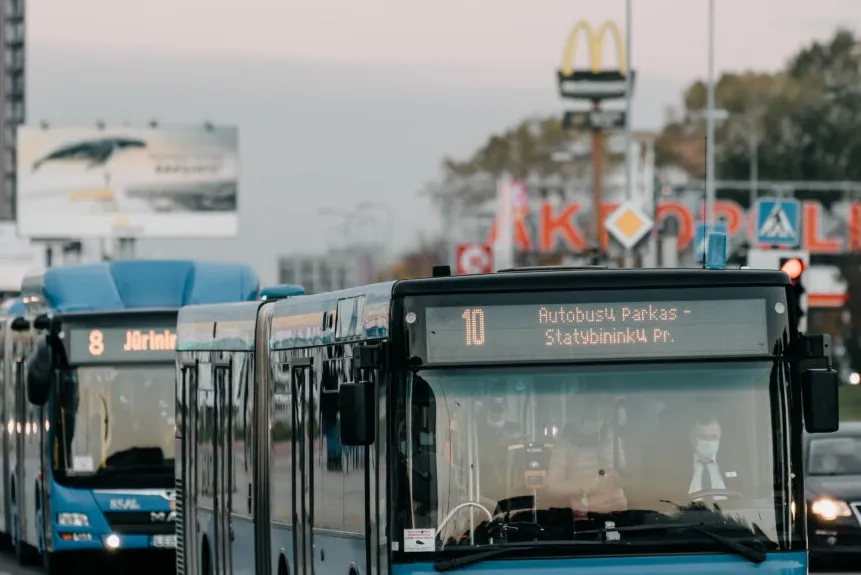
Estonian technology company Ridango is creating a contactless payment solution for Klaipeda Public Transport Authority in Lithuania.
Available from this summer, it is the latest development in a relationship which began in October 2017, when Ridango won a public procurement to implement a new ticketing system in the city, which is the third-biggest in the country.
After implementation of an account-based ticketing and real-time passenger information system, along with all the hardware for more than 200 buses, the cooperation was extended for five years in a new procurement process.
“The switch to ID account-based ticketing in 2017 paid off," said acting CEO of Klaipeda Transport Authority Andrius Samuilovas. "It helped us, as a public transport authority, a lot during 2020 [Covid].”
“It’s essential for us to offer a service that our customers are satisfied with. The possibility of using contactless payments on our vehicles will make it easy to take a bus without thinking about where I can buy a ticket, and hence be especially beneficial for occasional travellers," Samuilovas added.
Argo Verk, business development manager of Ridango, says: “It is only logical that the roll-out of Tap’n’Go with contactless bank cards in Lithuanian transit begins in Klaipeda. Local public transport authority and its staff have been extremely forward-looking and eager to make public transport appealing to citizens."










